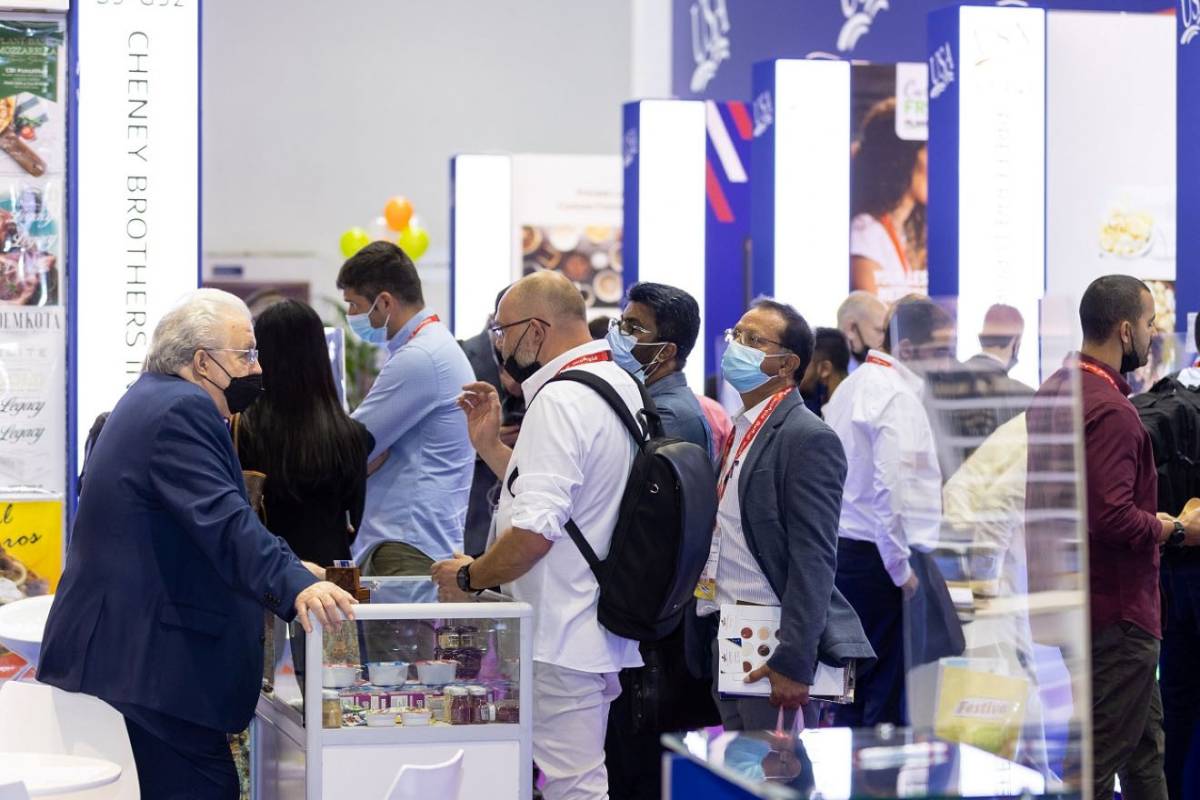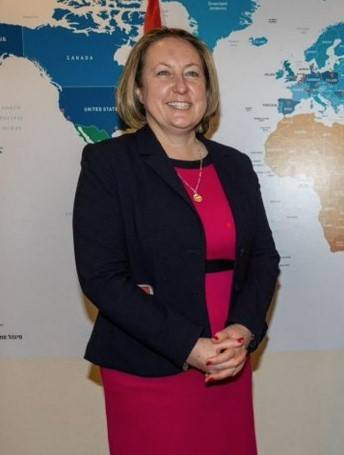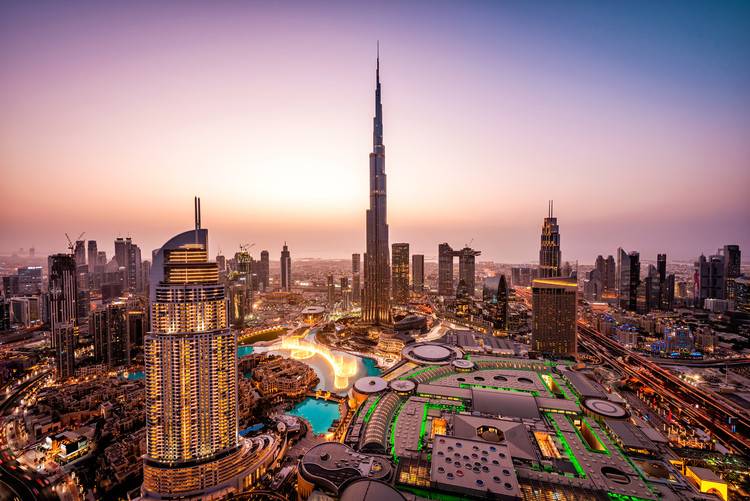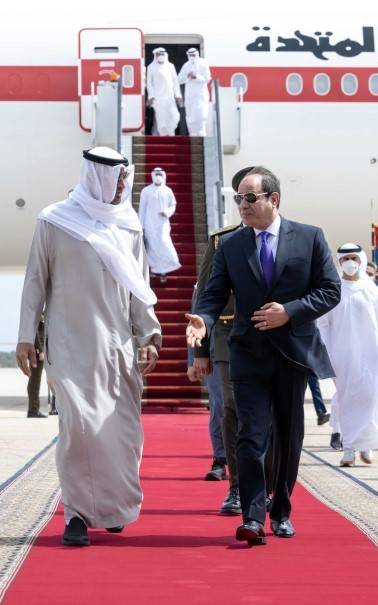Gulf Arab states pledged up to 22 billion U.S. dollars to help Egypt make a balance in global foreign exchange markets … writes Marwa Yahya
Gulf Arab states recently pledged up to 22 billion U.S. dollars to help Egypt make a balance in global foreign exchange markets and compensate the foreign investments fleeing from the Egyptian treasury markets on the heels of the Russian-Ukrainian conflict.
“This is a difficult time for Egypt as it’s suffering reduced tourism inflows, higher food prices, and greater financing challenges as a result of the Russian-Ukrainian crisis,” said Hoda Al-Malah, chairwoman of the Cairo-based International Center for Economic Consulting and Feasibility Studies.
The flurry of Gulf investments into Egypt will help in overcoming a currency crisis and shield the economy against imminent shocks, the economic expert told Xinhua.
The Central Bank of Egypt (CBE) allowed the local currency to drop by 14 percent on March 21 after being stable against the U.S. dollar since November 2020, stressing “the importance of foreign exchange (FX) flexibility to act as a shock absorber.”
Al-Malah added said CBE’s move and the Gulf’s inflows will encourage foreign investors to return to Egypt’s high-interest and short-term treasuries after many investors had withdrawn billions of dollars in March.
Last week, Saudi said it had deposited five billion dollars with the CBE in light of the kingdom’s efforts to boost Egypt’s economy. Meanwhile, Cairo and Riyadh have signed a deal aiming to attract ten billion dollars in investments in cooperation with the Saudi Public Investment Fund.
Qatar has also pledged investments deals worth five billion dollars in Egypt, the first of its kind since the two countries restored bilateral ties in January 2021.
Local media reported that Abu Dhabi sovereign fund AD agreed to purchase two billion dollars worth of stakes in some Egypt’s state-owned businesses, including large listed banks.
The Gulf Arab states’ bolstering gestures come as Egypt’s economic challenges were worsened by external factors, the economic expert said referring to the U.S. Federal Reserve’s decision of raising interest rates by a quarter percentage point for the first time since 2018, which has caused outflux of billions of dollars of hot money from Cairo to Washington.
“The Gulf help is a very good move for increasing the dollars influxes, preventing a deficit in the balance of payments and promoting economic stability in Egypt while an inflation wave is hitting the world, sending commodities prices soaring,” Al-Malah added.
Waleed Gaballah, professor of financial and economic jurisdictions at Cairo University, noted that Egypt and the Gulf states enjoy strong ties amid the existed strategic partnership between the two sides, terming it as a “win-win partnership.”
“Pumping the Gulf deposits; low-cost loans, with the CBE, will boost the reserve and bridge the finance gap confronting the Egyptian economy,” Gaballah said.
The timing of the Gulf support is important for Egypt as it was seeking a loan from the International Monetary Fund (IMF), he said, adding that the Gulf investments and loans will boost Egypt in meeting the IMF’s requirements for increasing the activities of the private sector and containing inflation.
ALSO READ: Sisi expressed Egypt’s ‘unwavering support’ for Libyan polls
On March 23, the Egyptian government requested the IMF’s support to implement their comprehensive economic program amid the rapidly changing global environment and spillovers related to the conflict in Ukraine.
Credit rating agency Fitch Ratings said in early March that the Russia-Ukraine crisis was likely to raise the cost of external financing for emerging markets such as Egypt considering outflows of risk aversion investors.
Gaballah highlighted Egypt’s economy faces big pressures, saying “its imports are nearly double of exports and the revenues of the Suez Canal, tourism, and remittances of expatriates are still not sufficient to cover the financial gap.”
Non-residential investment in Egypt’s local bond market stood at 28.8 billion dollars by the end of 2021, according to official statistics. (XINHUA)









